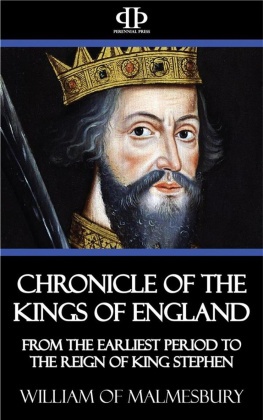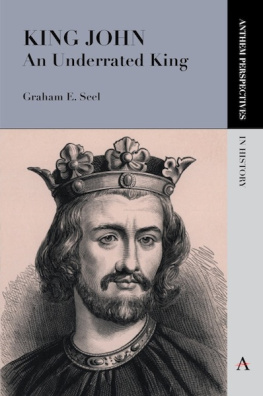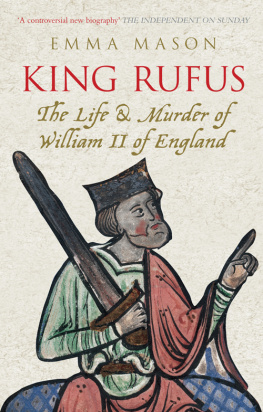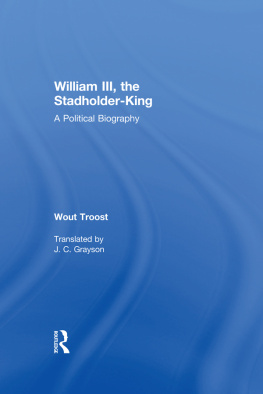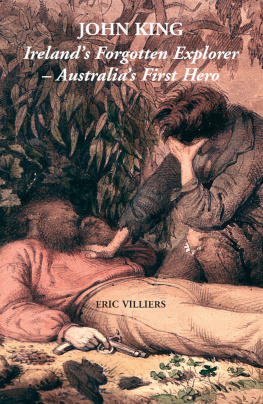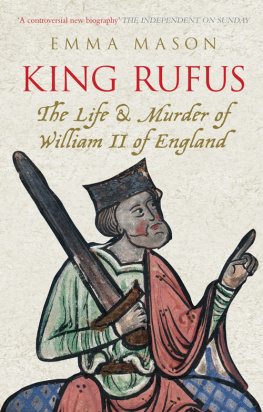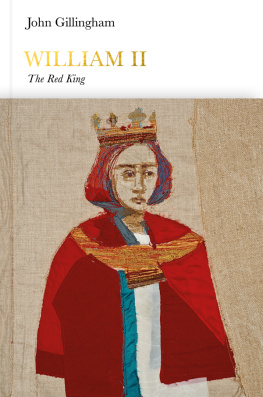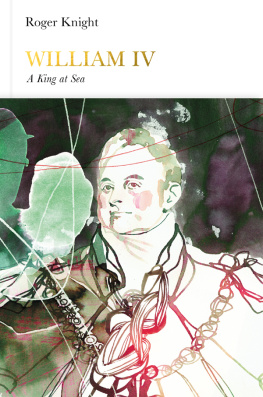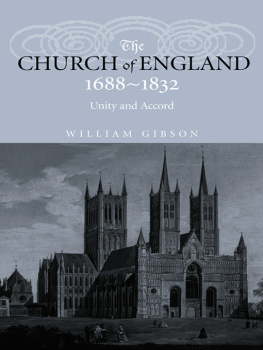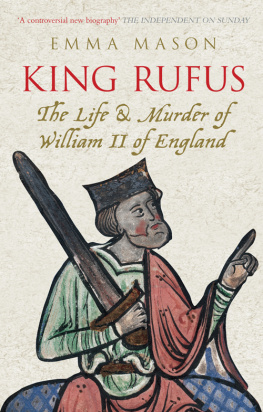A POLITICAL BIOGRAPHY OF WILLIAM KING
EIGHTEENTH-CENTURY POLITICAL BIOGRAPHIES
Series Editor: J. A. Downie
TITLES IN THIS SERIES
1 Daniel Defoe
P. N. Furbank & W. R. Owens
2 Jonathan Swift
David Oakleaf
3 Delarivier Manley
Rachel Carnell
4 Henry Fielding
J. A. Downie
5 Richard Steele
Charles Knight
6 Alexander Pope
Pat Rogers
FORTHCOMING TITLES
John Arbuthnot
Angus Ross
John Toland
Michael Brown
Eliza Haywood
Kathryn King
Samuel Johnson
Nicholas Hudson
Thomas Paine
W. A. Speck
Joseph Addison
Charles Knight
Frances Burney
Lorna J. Clark
Maria Edgeworth
Susan Manly
A POLITICAL BIOGRAPHY OF WILLIAM KING
BY
Christopher Fauske
First published 2011 by Pickering & Chatto (Publishers) Limited
Published 2016 by Routledge
2 Park Square, Milton Park, Abingdon, Oxon OX14 4RN
711 Third Avenue, New York, NY 10017, USA
Routledge is an imprint of the Taylor & Francis Group, an informa business
Taylor & Francis 2011
Christopher Fauske 2011
All rights reserved, including those of translation into foreign languages. No part of this book may be reprinted or reproduced or utilised in any form or by any electronic, mechanical, or other means, now known or hereafter invented, including photocopying and recording, or in any information storage or retrieval system, without permission in writing from the publishers.
Notice:
Product or corporate names may be trademarks or registered tradem arks, and are used only for identification and explanation without intent to infringe.
BRITISH LIBRARY CATALOGUING IN PUBLICATION DATA
Fauske, Christopher J., 1963
A political biography of William King. (Eighteenth-century political biographies) 1. King, William, 16501729. 2. Church of Ireland Bishops Biography. 3. Statesmen Ireland Biography. 4. Church and state Ireland History 17th century. 5. Church and state Ireland History 18th century. 6. Ireland History 16491775.
I. Title II. Series
941.506092dc22
ISBN-13: 978-1-84893-010-0 (hbk)
Typeset by Pickering & Chatto (Publishers) Limited
CONTENTS
For Rick Kleer and Ivar McGrath, scholars and gentlemen: Thank you
Generally, I have tried to cite texts that are readily available to the reader, either via EEBO and ECCO or in easily available modern editions. Where I have had recourse to manuscripts or other archival material, I have, where possible, used excerpts available in secondary sources. With few exceptions, I have, however, checked the quoted material against the originals. If archival information is provided in a note, it means I preferred the reading of the original to the secondary source. Where the secondary source is cited, that reading is accurate for the excerpt concerned.
All quotes from the Bible are from the King James Version.
All dates provided assume the new calendar to have been in effect so that the year is taken to start on 1 January rather than 25 March.
For the sake of the readers sanity, I avoid a discussion of the doctrinally appropriate use of the word catholic by either the Churches of England or of Ireland or the church led by the Pope. Throughout this text the phrase Roman Catholic is used when referring to the organization headed by the Bishop of Rome, and the term catholic is used to refer to the Churches of England and Irelands claims to be universal and to be able to trace an unbroken episcopal succession to Peter.
William King disappeared from history, so much so and so rapidly that after he was buried, at his request without a headstone, plans to provide for a memorial somehow got forgotten. King was an instinctive conservative but a hard-headed realist who knew there was no golden past to conserve. He was a committed servant of a national institution whose service was marked by stubbornness often sufficient to alienate his erstwhile allies.
King was born in May 1650 in Antrim, Ireland, the son of a devout separatist Presbyterian who had left Scotland out of objections to his churchs views about an appropriate socialreligious contract. Kings father would later run into some minor trouble in his adopted home when he refused to assent to the Solemn League and Covenant, not out of any religious opposition to the doctrines expressed therein but because of a deeply held political objection to the secular imposition of religious orthodoxy. William King would struggle to reconcile this apparent distinction throughout his professional life. Thus was shaped a legacy that would permanently influence the way British polities understood the appropriate relationship between doctrine, church and state.
A convert to the established Church of Ireland, King carried with him throughout his life the certainty of the convert, and he never lost his conviction that faith and reason were necessarily related, that faith without reason was at best ill-informed, at worst both empty and spiritually enervating. King came to the Church of Ireland at a time of renewed energy following the restoration of Charles II, and within a quarter of a century he was effectively its co-leader in Jacobite Dublin. Convinced that pending something approximating divine intervention his church was, at best, headed for disestablishment and likely penury he remained steadfast in its service.
Following that divine intervention and with establishment secured, King would later return to Dublin as archbishop and use the churchs political legitimacy as a bulwark against what he perceived to be the more egregious of the states policies. These struggles and his own determination that intellectual argument should and could reconcile the competing claims of civil states with their officers in their respective constitutions with the spiritual or Christian state and Worship led to a published a body of work that both merited and received attention from a host of Irish, British and continental statesmen, theologians and philosophers.
King was a man who wrestled with legitimacy, and in so doing he articulated many of the concerns and ambitions of those Irish-born civil servants and landholders who thought about their position in a broader cultural context. Native to Ireland by birth, these men were, with a few exceptions, the scions of relatively recent immigrants to Ireland. Their wealth was built upon land that had, more often than not, been seized from others and, after 1691, it was apparent that, whatever logic was brought to the argument, the power they exercised was secured by force of arms. Protected by the military authority of England, Church of Ireland adherents who presumed a role for the Irish state in the post-1691 settlement had to adapt themselves to a political reality increasingly at odds with their own understanding of the constitutional relationship between Ireland and England, a country itself struggling to adapt to both growing overseas settlement and to securing its own constitutional settlement.
After 1691 there could be no return to the status quo ante, and Irish decision makers struggled to identify a stable foundation upon which to secure their new role in affairs of state. The great constitutional shift in Ireland, as in England, was in the relationship between parliament and the monarch, but in Ireland there was the additional matter of the nations status as a kingdom. One reason the post-1691 religious settlement debate in Ireland would be distinct from that in England had very little to do with the presence of a Roman Catholic majority that fact would have its own dynamic and could be traced back to the interregnum, which in Ireland had had a different effect on the understanding of churchstate relations than did the same period in England. During the wars between Charles I and parliament, the Roman Catholic cause in Ireland became identified with the constitutional claims of the Confederation of Kilkennypolitical sphere, an intellectual free-for-all came with a deeply unsettling uncertainty about the practical implications and possibilities of the debates. Gribben notes that




